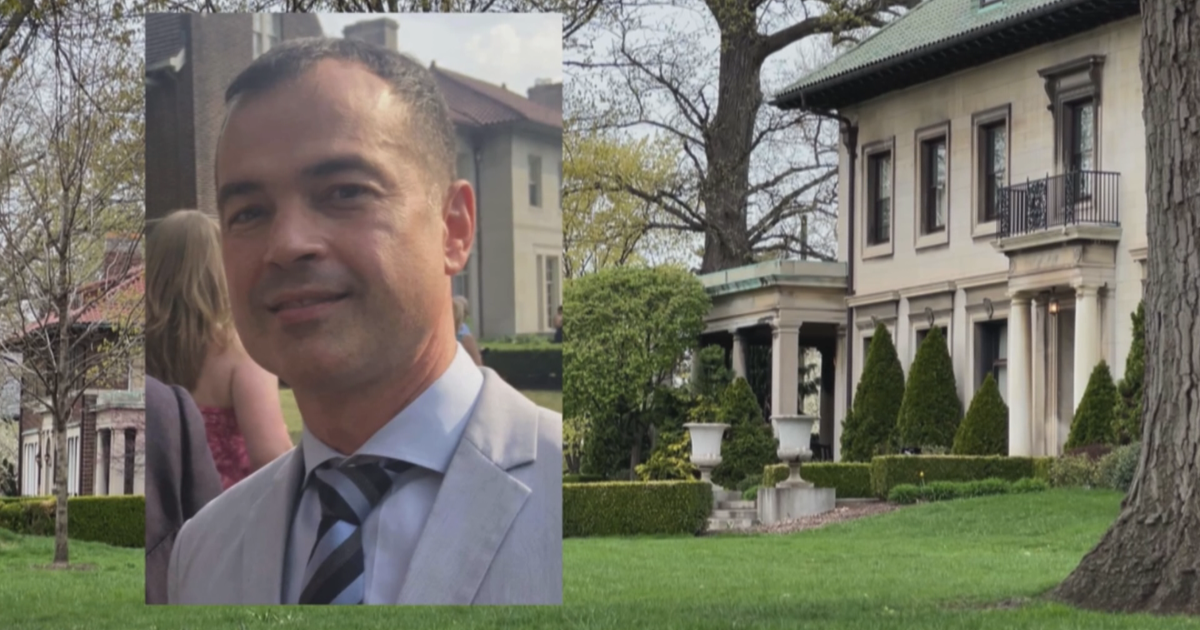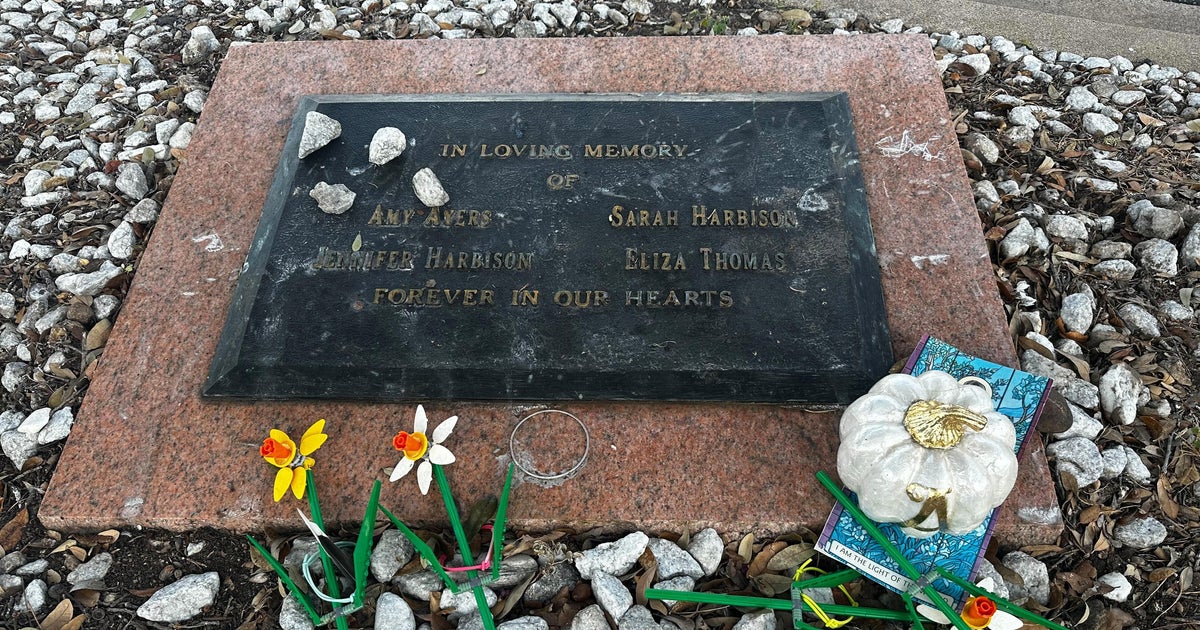Once dubbed "Australia's worst female serial killer," Kathleen Folbigg could have convictions for killing her 4 children overturned
Kathleen Folbigg lost her four children as infants between 1989 and 1999. A jury said she killed them — but after 20 years in prison, she was pardoned earlier this year and now has a chance to fully clear her name.
An Australian court will consider overturning Folbigg's convictions for killing her four children, a government inquiry reported on Wednesday months after she was pardoned for the crimes due to new evidence that the siblings had died of natural causes.
Overturning Folbigg's convictions would end a legal battle that has reached the highest level of Australia's court system to clear her of responsibility for her children's deaths.
Once dubbed "Australia's worst female serial killer," Folbigg, 56, was freed in June when the New South Wales state government pardoned her on three counts of murder and one of manslaughter. She had spent 20 years in prison.
The pardon was based on the interim recommendations of a state inquiry into new scientific evidence that created reasonable doubt that Folbigg had smothered her children, as prosecutors had alleged at her 2003 trial.
The inquiry's final report recommended on Wednesday that the state Court of Criminal Appeal consider clearing Folbigg's criminal record.
In the years since her conviction, new evidence suggested her children's deaths were the result of rare medical conditions. Agence France-Press reported earlier this year that inquiry head Tom Bathurst said Sarah and Laura Folbigg possessed a rare genetic mutation. Patrick Folbigg may have had an "underlying neurogenic condition," he told the AFP earlier this year, suggesting the death of Folbigg's fourth child, Caleb, was also not suspicious.
Bathurst echoed those comments in the conclusions of Wednesday's report, referring to an apparent life-threatening event in writing: "I have concluded that there is an identifiable cause of the death of Patrick, Sarah and Laura, and that it was more likely that Patrick's ALTE was caused by a neurogenetic disorder rather than suffocation."
Evidence in the case had included diary entries where Folbigg had expressed frustration with her children and blamed herself for their deaths. "Primary carers of infants and young children get fatigued, frustrated, and sometimes angry. The evidence before the Inquiry, at most, demonstrates that Ms Folbigg was a loving and caring mother who occasionally became angry and frustrated with her children," Bathurst wrote.
The case had drawn attention from scientists in Australia and around the world, who petitioned for Folbigg's release.
Folbigg's lawyer, Rhanee Rego, welcomed Wednesday's recommendation as "another significant positive milestone in Kathleen's 24-year journey to clear her name."
"Today, and every day, Kathleen's thoughts are with her children," Rego said in a statement.




